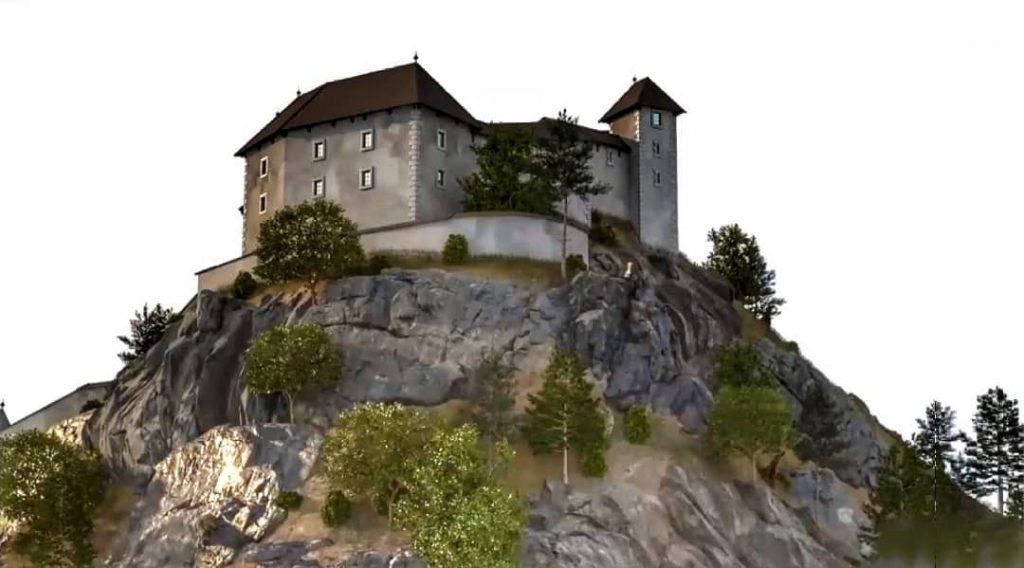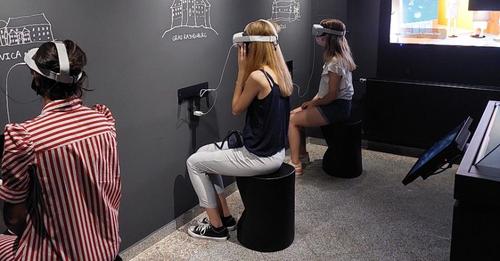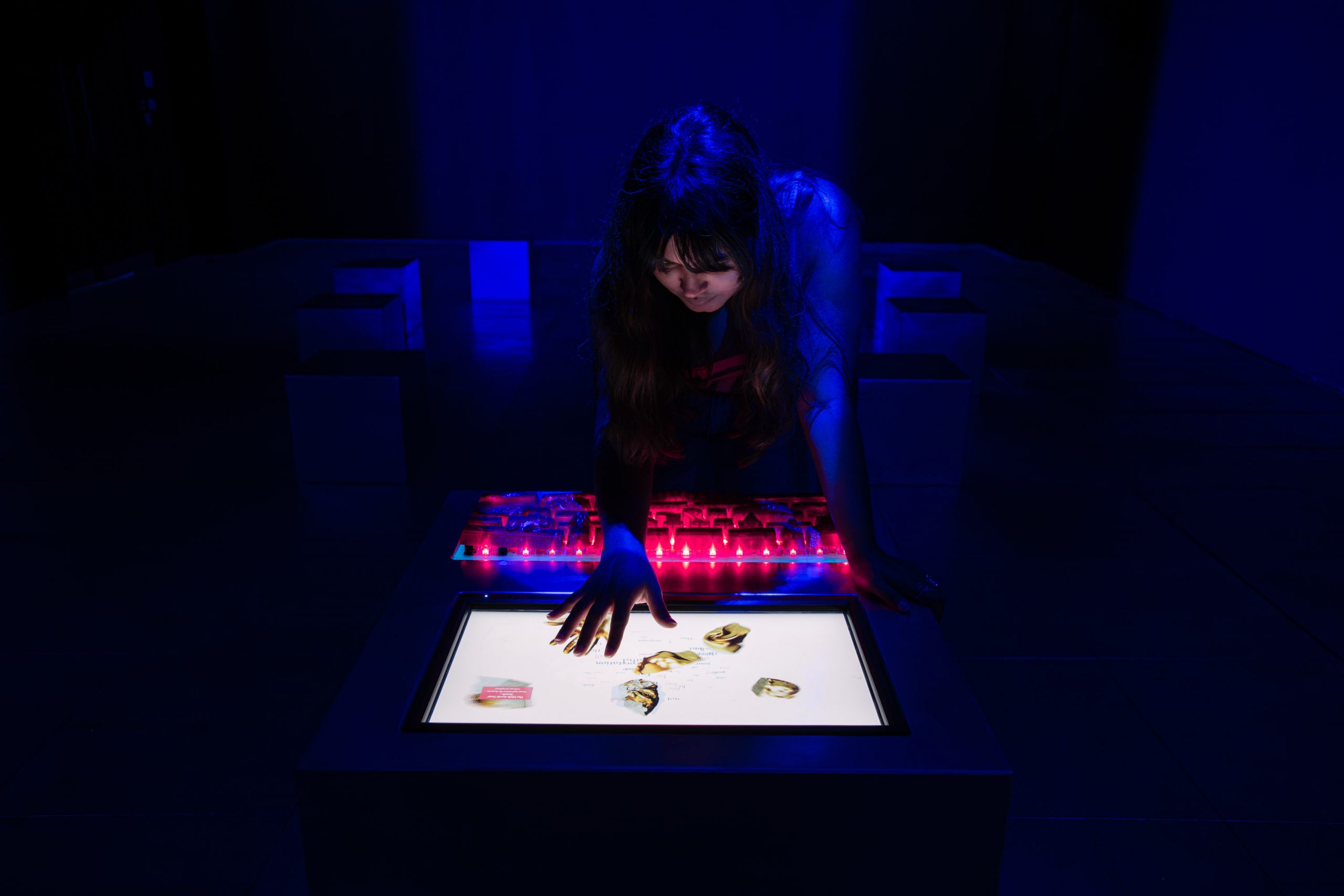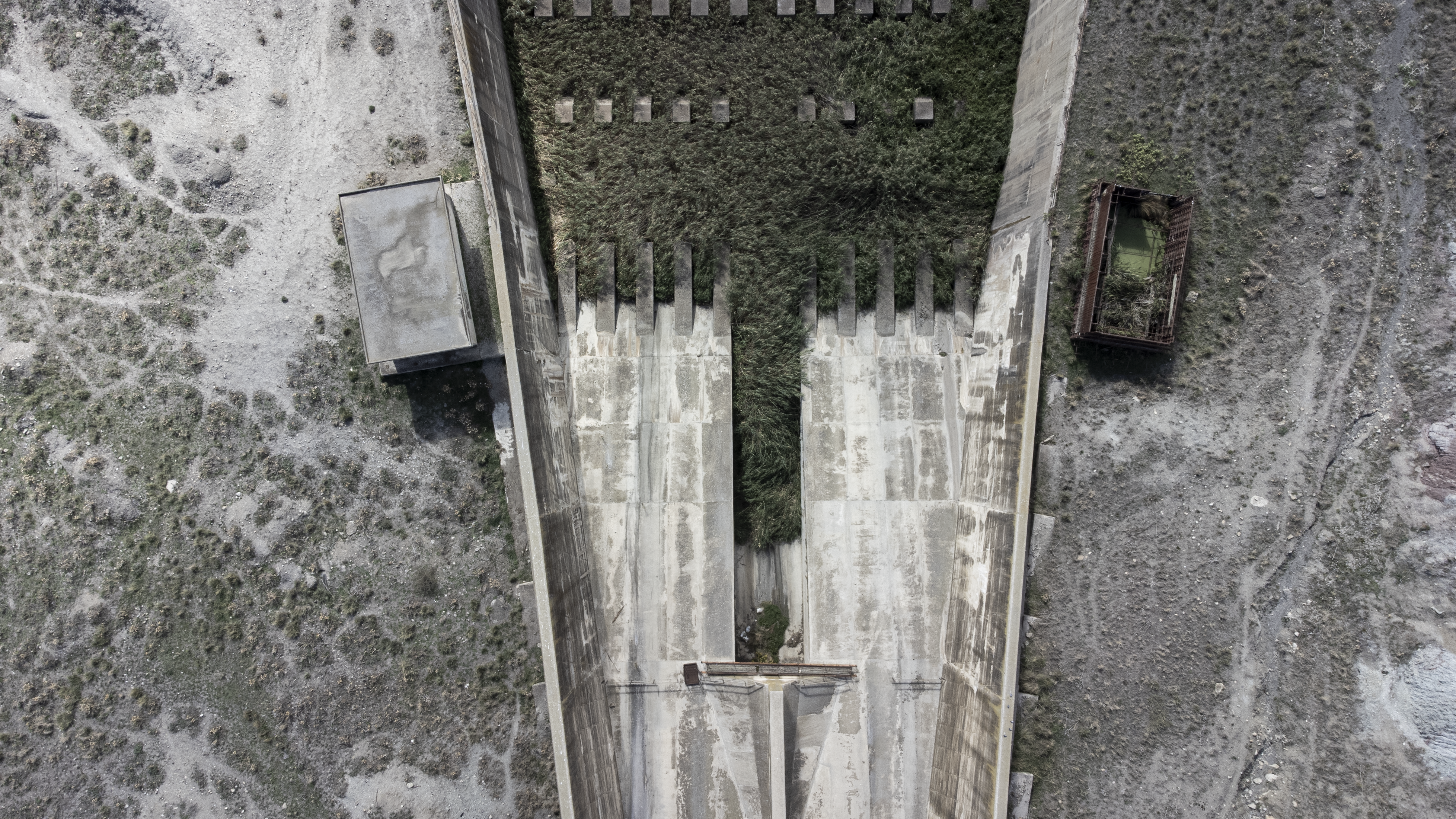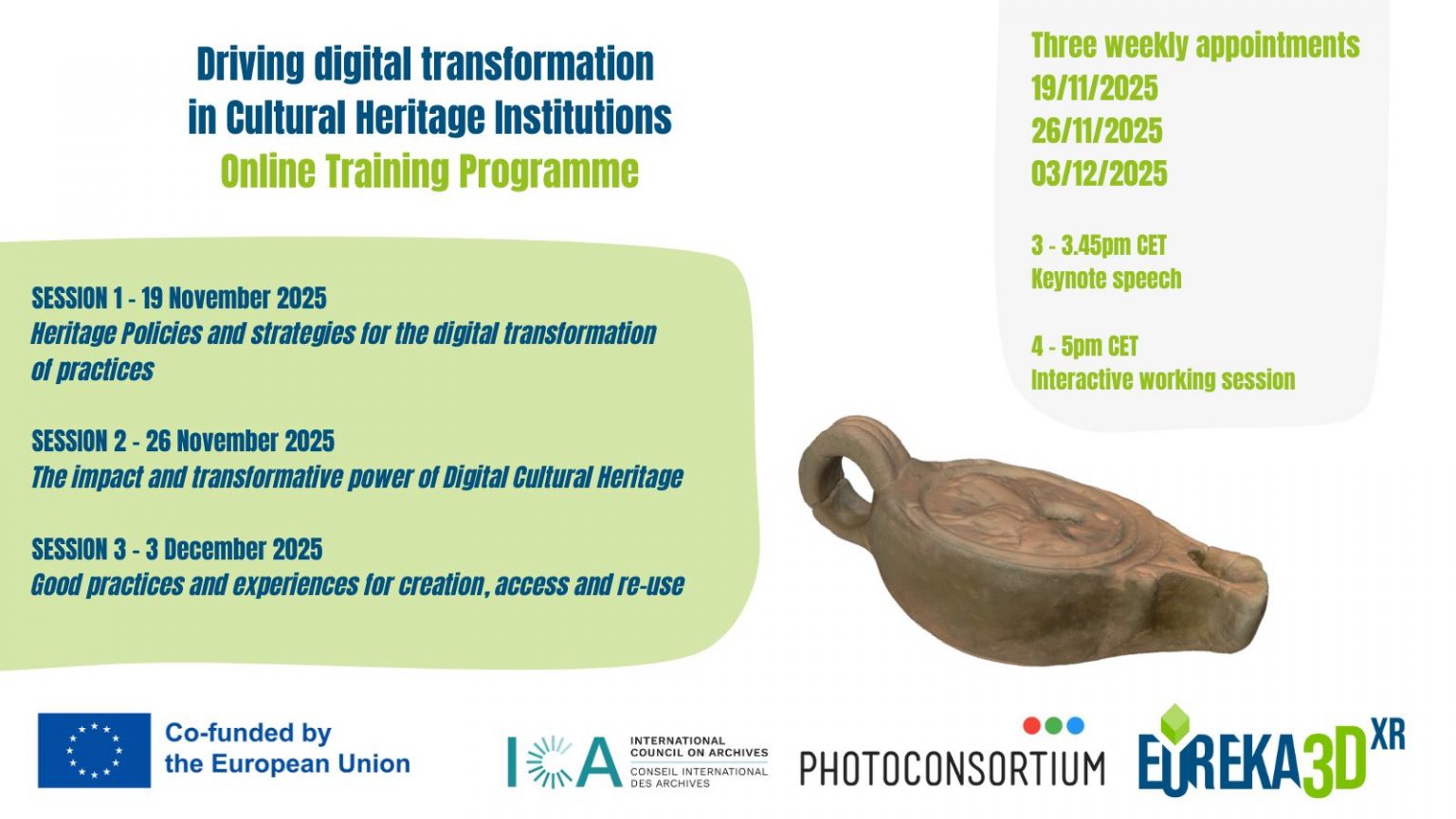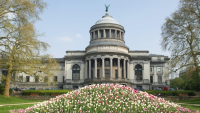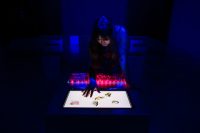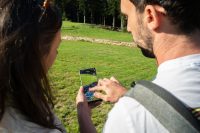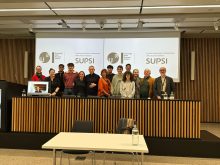 The Centre for Social Studies of the University of Coimbra (CES) is a scientific institution focused on research and advanced training within the Social Sciences and the Humanities through an inter and transdisciplinary approach. This winter, the Centre relaunches the second edition of its School with the title “Complexity and change: thinking, practices and processes for addressing global challenges”. Perfectly in line with the aims and the vision of the Centre, the School promotes productive, collaborative, critical and creative dialogues between different disciplines and modes of thinking, as well as a strong interrelationship between practice and theory conducive to the production of policy-oriented knowledge.
The Centre for Social Studies of the University of Coimbra (CES) is a scientific institution focused on research and advanced training within the Social Sciences and the Humanities through an inter and transdisciplinary approach. This winter, the Centre relaunches the second edition of its School with the title “Complexity and change: thinking, practices and processes for addressing global challenges”. Perfectly in line with the aims and the vision of the Centre, the School promotes productive, collaborative, critical and creative dialogues between different disciplines and modes of thinking, as well as a strong interrelationship between practice and theory conducive to the production of policy-oriented knowledge.
In this second edition the Winter School will address key global challenges, exploring a variety of critical, alternative and complementary views on how to address their complexity. As such, the School will combine lectures, seminars and creative moments of group discussion aimed at the integration of knowledge and experiences towards the production of new ideas and projects.
Targeted challenge themes:
- Being and Thinking Together (in) Complexity
- Knowing Together: Grasping the Complexity of the World
- Living Together: Peace and Communities of Well-Being
- Learning and Teaching Together
- Changing and Acting Together
This School represents an opportunity for sharing learning and discoveries. Each activity is designed to build upon and interact with the others. The distinction between Speakers and Audience is dissolved in a climate of co-construction and collaborative dialogue where everyone takes the role of a participant who brings unique contributions to the discussions. It will use a variety of platforms and techniques to support rich interactions and dialogues between the participants and ensure conditions for the emergence of novel and creative ideas.
The School welcomes the participation of researchers, doctoral students, postdoctoral researchers, practitioners of NGO and NGDO, activists.
The wider audience interested in the themes of the School is invited to follow the daily reports and to interact with the group by posing questions and raising issues through the Facebook page.
Important Dates:
Open call for applications: 7 June 2021
First Call – Deadline for Application: 10 September 2021
First Call – Communication of acceptance: 24 September 2021
Second Call – Deadline for application: 14 October 2021
Second Call – Communication of acceptance: 20 October 2021
Registration and payment: 31 October 2021
Preparatory induction meeting (mandatory for participation): 2nd week of November 2021 (day and time to be announced)
School days: 16, 17, 18, 19, 22 November 2021 (extra day: 23 November 2021


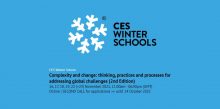


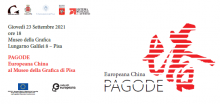
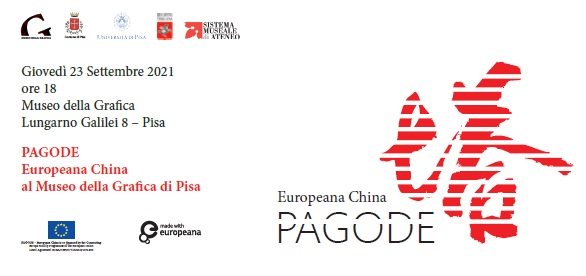






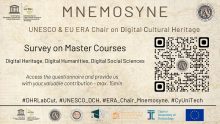
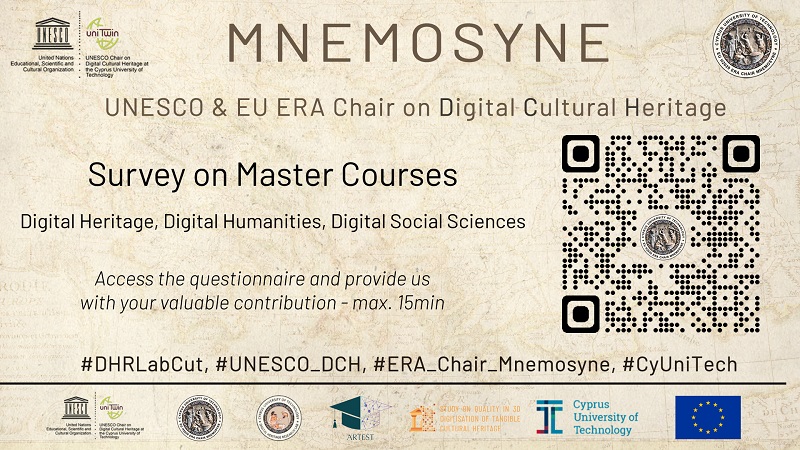
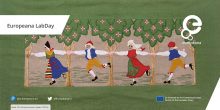
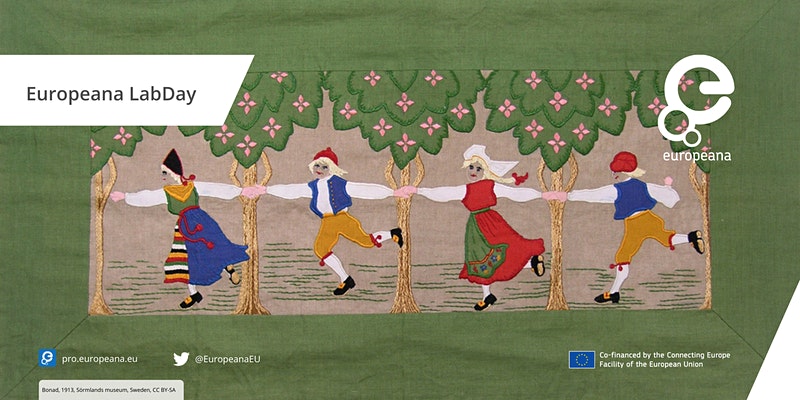
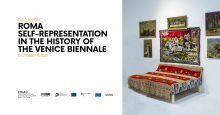
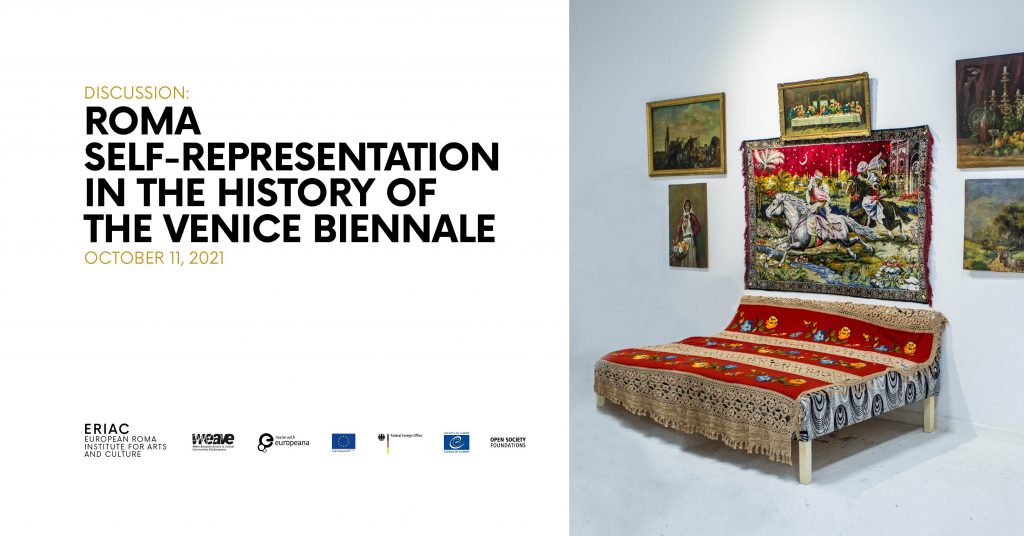
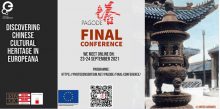
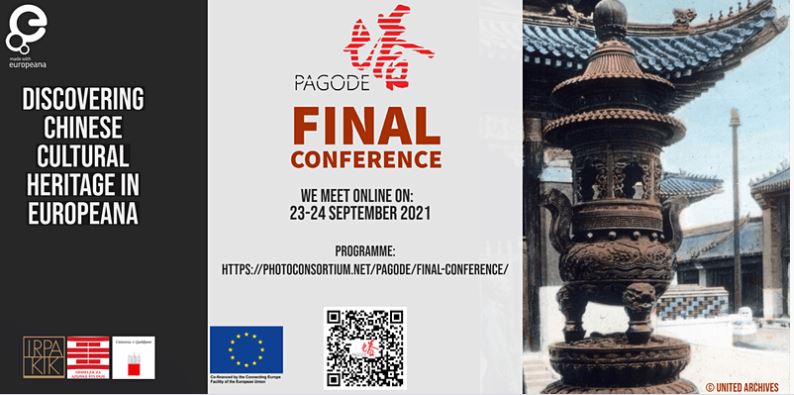 The
The 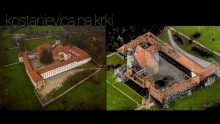
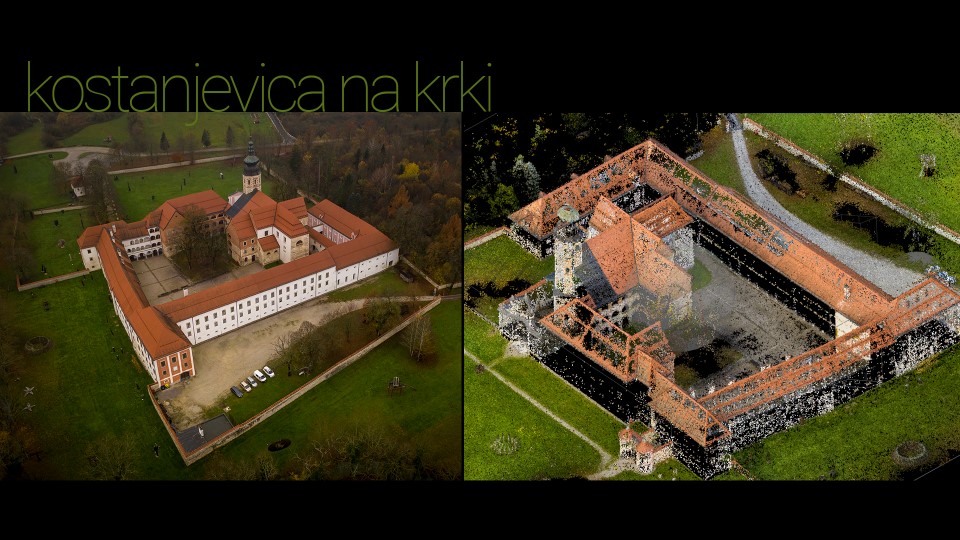
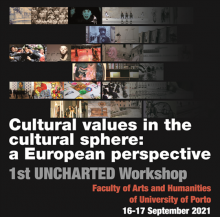
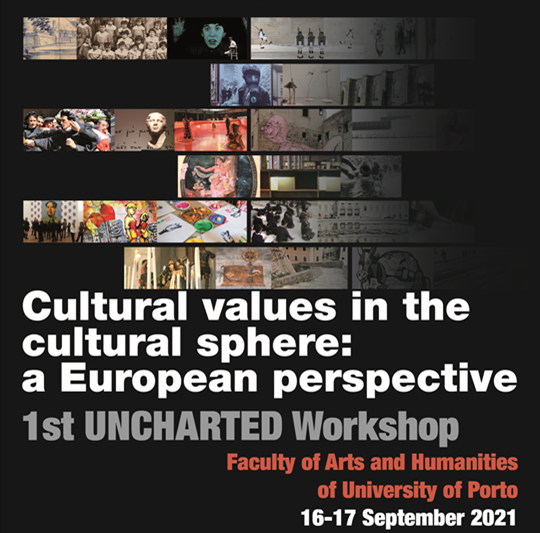
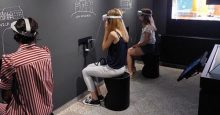
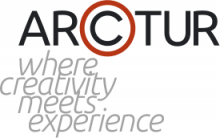 Established in 1992, Arctur has been pioneering by merging research, science, art and business. The headquarters of the company are in Nova Gorica and with additional locations in the Slovenian capital, Ljubljana. We are one of the main commercial suppliers of high-performance computing services and solutions for SMEs in Central and Eastern Europe. Arctur has its own HPC and Cloud Computing infrastructure to be used as the technological foundation for advanced HPC and Cloud computing solutions and innovative IT services in a distributed, high-redundancy environment.
Established in 1992, Arctur has been pioneering by merging research, science, art and business. The headquarters of the company are in Nova Gorica and with additional locations in the Slovenian capital, Ljubljana. We are one of the main commercial suppliers of high-performance computing services and solutions for SMEs in Central and Eastern Europe. Arctur has its own HPC and Cloud Computing infrastructure to be used as the technological foundation for advanced HPC and Cloud computing solutions and innovative IT services in a distributed, high-redundancy environment. The Tourism 4.0 ecosystem connects the T4.0 Core APIs with the technology pillars T4.0 DOTI, CIT, FLOWS and TIM. T4.0 Core is built on state of the art HPC infrastructure supported by AI, blockchain and HPDA, which ensures efficient, safe and transparent access to data and its exchange. DOTI is a personal digital passport that allows the individual (tourist) to maintain ownership and full control of their own data. Collaboration Impact Token (CIT) is a crypto voucher based on blockchain technology that changes the value in time and places intending to award positive behaviour and support the redirection of tourist FLOWS. Tourist destination managers, service providers, researchers want to better understand tourist flows: what impact traffic flows have, when traffic peaks are occurring, what are the seasonal effects, which areas are more / less congested with tourists, how the weather, holidays and other events affect tourist flows. Tourism Impact Model (TIM) is a tool using real data to create an objective picture of the impact of tourism in a certain micro-location. In 2020 TIM was rewarded as The Best Innovation on AI and Data Analytics at the Tourism Innovation Summit in Seville, Spain and in the same year it also received The Golden recognition for Best innovation, awarded by The Chamber of Commerce and Industry of Slovenia.
The Tourism 4.0 ecosystem connects the T4.0 Core APIs with the technology pillars T4.0 DOTI, CIT, FLOWS and TIM. T4.0 Core is built on state of the art HPC infrastructure supported by AI, blockchain and HPDA, which ensures efficient, safe and transparent access to data and its exchange. DOTI is a personal digital passport that allows the individual (tourist) to maintain ownership and full control of their own data. Collaboration Impact Token (CIT) is a crypto voucher based on blockchain technology that changes the value in time and places intending to award positive behaviour and support the redirection of tourist FLOWS. Tourist destination managers, service providers, researchers want to better understand tourist flows: what impact traffic flows have, when traffic peaks are occurring, what are the seasonal effects, which areas are more / less congested with tourists, how the weather, holidays and other events affect tourist flows. Tourism Impact Model (TIM) is a tool using real data to create an objective picture of the impact of tourism in a certain micro-location. In 2020 TIM was rewarded as The Best Innovation on AI and Data Analytics at the Tourism Innovation Summit in Seville, Spain and in the same year it also received The Golden recognition for Best innovation, awarded by The Chamber of Commerce and Industry of Slovenia.